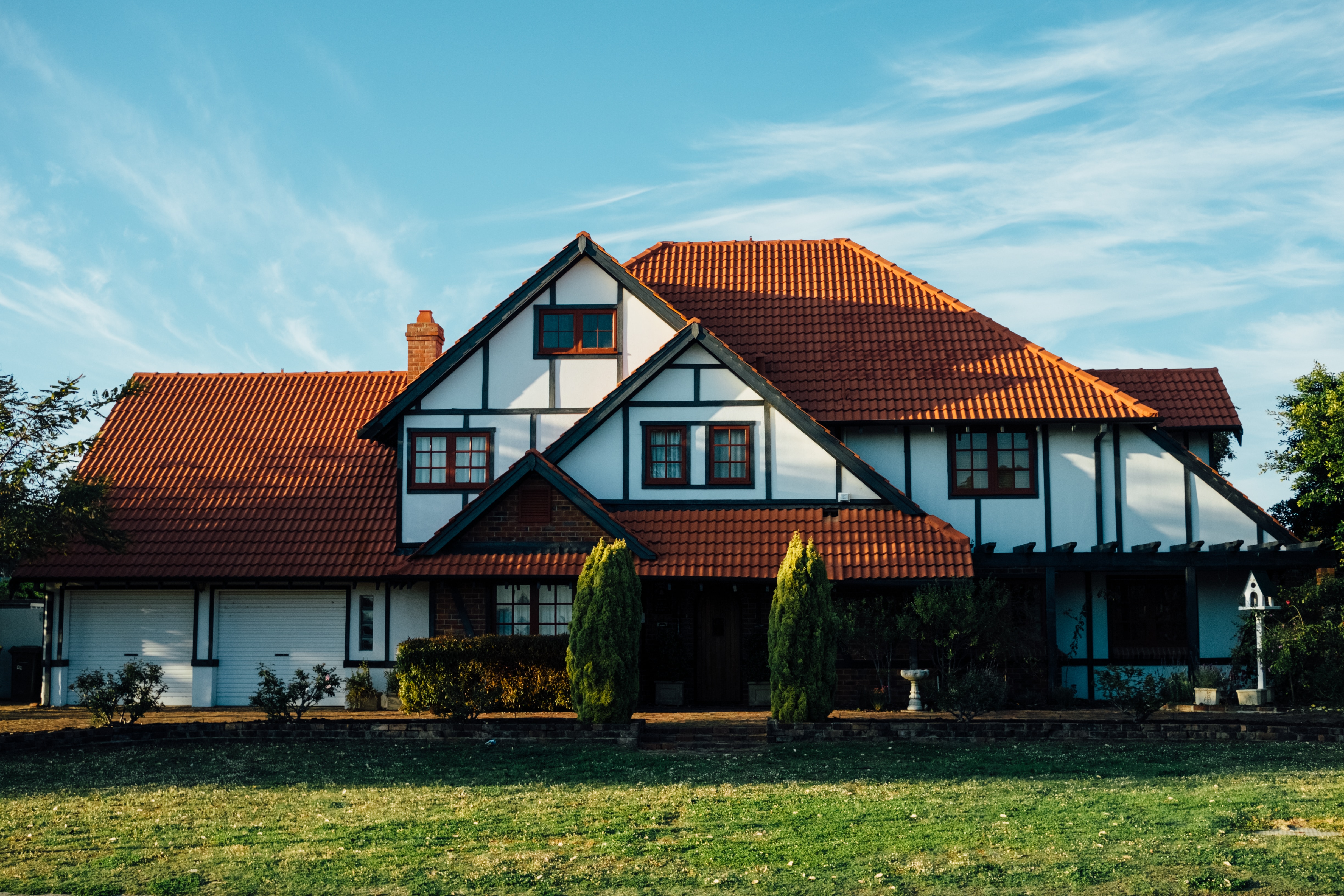Depending on whom you ask, there are between 8,000 and 10,000 Baby Boomers reaching age 65 every day in America. It’s around that 65th birthday (and for the ten or twenty years that follow it), that Baby Boomers will feel especially motivated to sell their house and move on out. Woohoo, right? Yesterday’s Baby Boomer housing appetites got us stuck; it’s time to get out or settle in for the long haul.
Many Boomer families will simply downsize. Other soon-to-be retirees will go straight to some flavor of retirement living. A coming shift in how we all think about housing, though, is less about where this consumer cohort is headed. Because it’s the buildings Baby Boomers are trying to leave behind that will shape the face of American life.
Many Boomers bought their homes in the 80s and 90s, and a sustained real estate boom rewarded them time and again. Members of the first post-WWII generation parlayed the economic lucre of housing equity into bigger and bigger homes. According to Census data, house sizes increased decade after decade, before topping out at a whopping 2,521 average square feet in 2007. Our we’re-in-the-money, bigger-is-better mantra gave birth to, among other oversized things, the McMansions that now dot the suburbs.
Boomers had an unreal real estate run for decades. But it’s about to come to a hard stop. Social shifts and demographic forces (more than the ups or downs of any local housing markets) are poised to change Baby Boomers’ futures.
Demographics Grind Away
We all know how the economic landscape changed in 2008.
In large measure, leading up to that shift, Boomers didn’t save enough for retirement. For most of them, their home is their biggest asset. But many will need to sell their homes to finance their imminent post-work years. Most Boomers will want to, or need to, sell the big family homes they purchased years ago. And here’s the rub: There aren’t enough buyers to soak up the kind of housing inventory that downsizing Boomers will leave in their wake.
A Bipartisan Policy Center study took a gauge of housing demand in March 2012. Their findings? “Among and within metropolitan areas, dwellings released by an aging population are not likely to align with future demand. While most states and metropolitan areas have significant numbers of Baby Boomers, the distribution of young adults is more uneven.”
Not Buying It
If you’re a Boomer reading this, you might be thinking, Oh, maybe some Gen Xers will move on up and buy my house? Probably not. Most Gen Xers are already settled, many of the cohort (loosely defined as those born between 1961 and 1981) are plateauing in their careers, have been hardest hit by the economic downturn, and now have the financial stress of growing kids. Fellow Forbes contributor, Erik Carter, cited “a recent census report found that people between 35 and 44 saw a 59% decline in median household net worth between 2005 and 2010, the largest drop of all age groups.” That means little home equity, limited assets to put toward move-up down payments and a (grudging) stay-put attitude.

